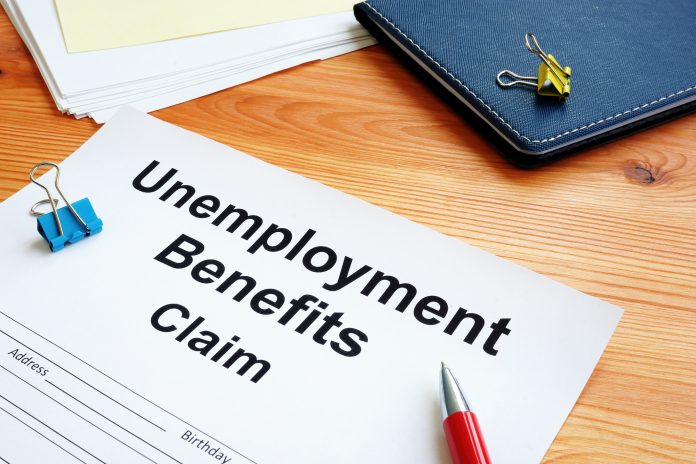In March 2020, in response to the COVID-19 pandemic, Congress passed the $2.2 trillion Coronavirus Aid, Relief, and Economic Security Act (CARES Act). Included in this relief package was a program that expanded unemployment benefits, known as the Federal Pandemic Unemployment Compensation Program (FPUCP). FPUCP automatically provided $300 per week in unemployment for qualifying Americans, in addition to existing state-based unemployment benefits.
Unfortunately, this misguided program has allowed millions of Americans to make more money while unemployed than they were while employed before the onset of the pandemic, disincentivizing people from re-entering the workforce.
Thanks in large part to the FPUCP, countless business owners are now desperate for workers. Many have raised wages in an attempt to get more job applicants, raising costs for consumers and making it more difficult for business owners to invest in their companies.
In many parts of the country, however, even higher wages are failing to incentivize people to seek employment. An analysis by economists at the University of Chicago estimates 68 percent of unemployed workers who are eligible for the federal bonus unemployment benefits are receiving payments greater than their pre-pandemic wages.
It shouldn’t come as a surprise then that so many people are refusing to find a job. If one is earning more while unemployed than he or she normally would on the clock, why would one want to gain employment?
Making matter worse, this disincentive could not come at a more inopportune time. COVID-19 cases are waning and restrictions are being lifted. Businesses are reopening throughout America, albeit with skeleton staffs. At this point, we should be in the midst of a hiring frenzy, but such is not the case.
In maintaining high unemployment bonuses, America’s overzealous federal government has created a choking hazard in the labor market that could end up asphyxiating the entire U.S. economy—or, at the very least, substantially slow the United States’ economic recovery. What’s more, the torrent of COVID-19 “relief spending” (all $6 trillion and counting) has led to inflation unseen since the Carter administration.
Thankfully, many governors and state lawmakers have recognized the harmful nature of this program. Several states have announced plans to end the benefits ahead of the tentative September 6 expiration date, encouraging able-bodied individuals still without work to seek employment.
Maryland is the latest state to reverse course on expanded unemployment. In so doing, the Old Line State joined Alabama, Alaska, Arizona, Arkansas, Florida, Georgia, Idaho, Indiana, Iowa, Mississippi, Missouri, Montana, Nebraska, New Hampshire, North Dakota, Ohio, Oklahoma, South Carolina, South Dakota, Tennessee, Texas, Utah, West Virginia, and Wyoming.
Further, in North Carolina, Senate Bill 116, which would remove North Carolina from the Federal Pandemic Unemployment Compensation Program early, recently made its way through both the state’s House and Senate. And several more states are considering similar measures.
Not every state legislature has moved in this direction, however. Lawmakers in some left-leaning states are actually calling for even more federal benefits.
Critics of those seeking to further expand unemployment say that these efforts are designed to move states toward a universal basic income (UBI) model, which would provide all or most citizens of a state with regular payments from the government, regardless of employment status. UBIs have been proposed by controversial political figures in the Democratic Party for many years, including U.S. Rep. Alexandra Ocasio-Cortez (D-NY).
Like the recent expansion of unemployment, UBI programs would have a disastrous effect on labor force participation. UBIs disincentivize employment and promote dependence on government. And a national UBI program would give significantly more power to the federal government.
It is paramount that lawmakers fight back against expanded unemployment programs and universal basic income plans. Doing so would help spur employment, move people from poverty to self-sufficiency, and help millions of people gain the dignity and personal fulfillment that comes with regular employment.











